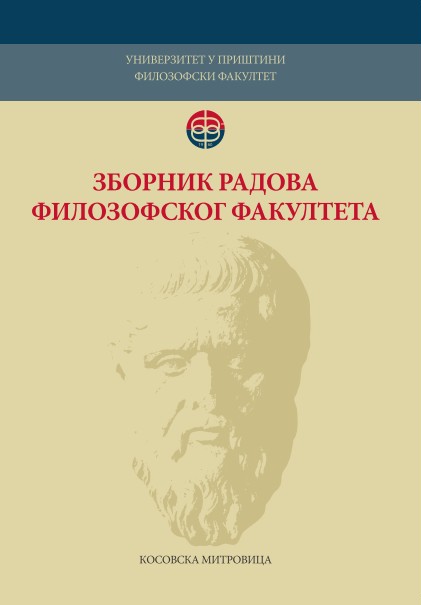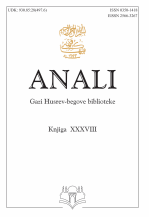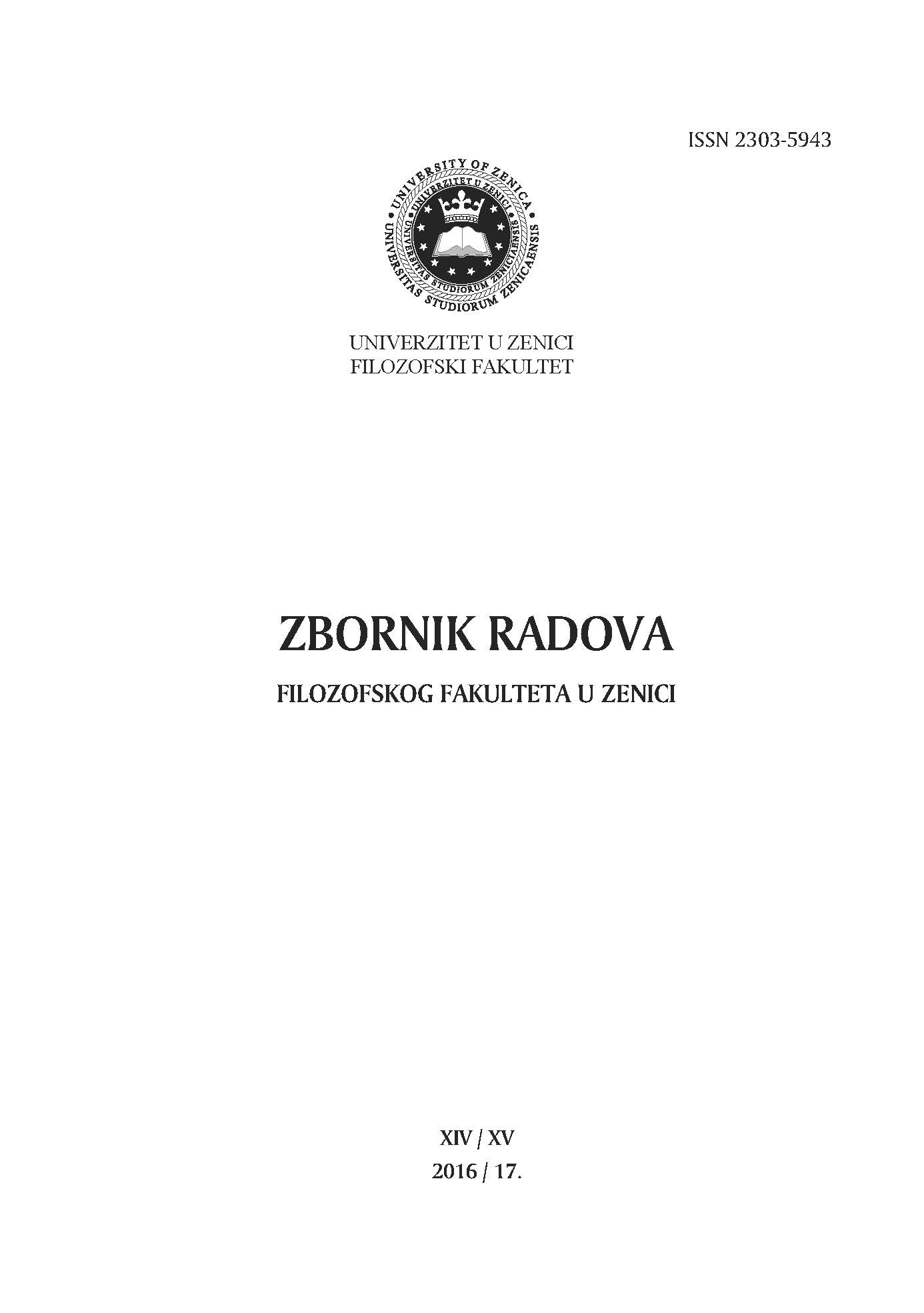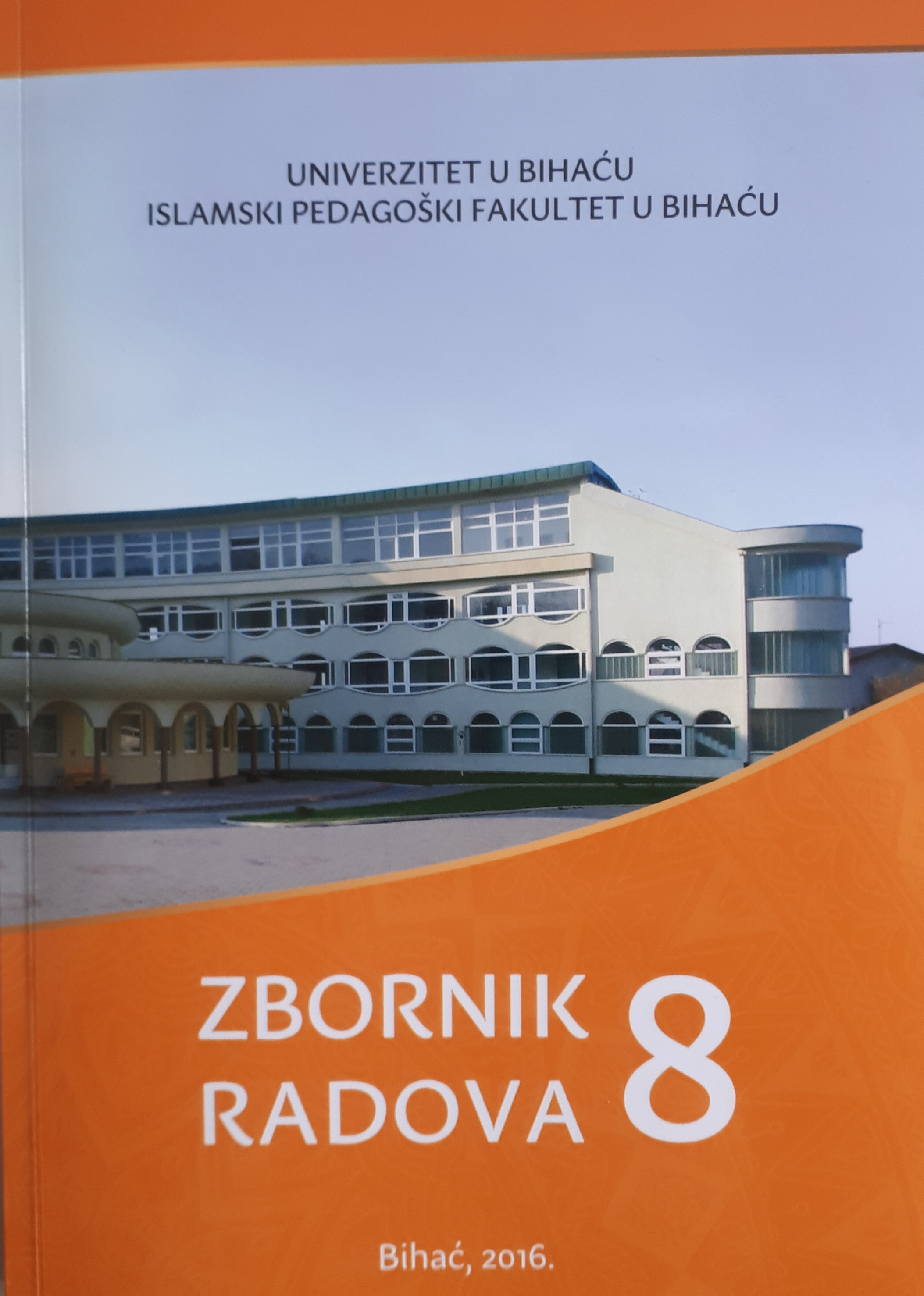Author(s): Olena Mykolayivna Goncharova / Language(s): Ukrainian
Issue: 1/2015
The article analyzes the leisure of antiquity in the light of entertainment culture Naumachia based on ancient literary reflection, through the prism of the work of historians, philosophers, poets, writers of ancient Greece and Rome Gaius Suetonius Tranquillo, Tacitus, Plutarch, Lucius Annaeus Seneca, Ovid, Martial. Leisure antiquity as separate forms is the subject of numerous scientific and popular science literature. The authors of some of these philosophical, historical, literary, educational, cultural study researches, themselves have become classics and well respected in this area: A. Genkina [1], V. Dmitrenko [2], O. Klyusko [3], F. Kouel [4], E. Nykytyuk [7], A. Obertynska [8], I.Petrova [11], H. Hefling [18], B. Chumachenko [19], etc. However, focusing on ancient leisure as primarily free time, quantity and quality of which indicates the extent of social wealth of Greek, Roman transformational changes in leisure culture, determining the ancient entertainment as "σχολία" (scholium), intelligent and entertaining otium, often not paying attention at the time that the performances of athletes, as well as poets and actors rhapsodies, Gladiatores, were public, so constituted an element of contemporary spectacle – prototypes of modern culture and leisure, and recently – thanks to television – and entertainment shows. Based on the study, the authors identified the transformation of leisure as a social and humanitarian experience of ancient society, established the nature and content Naumachia (dramatization of sea battles) like mass forms of leisure antiquity. In his spare antiquity there are two types of recreational activity: 1) the types and forms of leisure associated with a religious cult, including mythology, traditional rites and rituals, mass action, where, according to the classification of the ancient values of leisure, the leading advocate religious cult values and ahonalnist; 2) the types and forms of leisure associated with everyday life, everyday occupations, individual characteristics of participants in recreational activities of antiquity, where there are primary value orientation and communication and compensation [1]. Types, kinds and forms of involuntary leisure, are differentiated on the basis of specific of religious sacral actions of antiquity on: a) kind of holidays, ascending to calendar-mythological cycles (agriculture, viticulture etc, where a leading value is a cult); b) kind of holidays-celebrations in honour, predefined sacrificial competition actions; c) kind of religiously political holidays which combine in itself a cult and competition. First class is based on myths which explain the natural phenomenon, to him belong in Greece – Linea, Anfesteriyi, Small and Large Dionysia, Panafiney, in Rome – Vinaliyi, Floraliyi, Meditrialiyi. It should be noted that this group acts leisure is most common in ancient Greece, as opposed to Rome, there was created the only mythological system that it evolve based on her cult ceremonies [1]. Strengthening the state supreme power causes the appearance of triumphs and religious and political events (first, holy emperors – the phenomenon of the Roman Empire). Often these games are due the state, which significantly distinguishes them from circuses sacred meaning, or arranged on subsidies officials who dream of relevant government office [12]. However, in the social life of leisure is the hallmark and the main form of life only born free man (in ancient Greece) or social security layer (in ancient Rome). Elements spectacular ancient culture are many and varied: sports, theater and choirs (about what life had meaning ancient Greeks and competition policies choirs shows the existence of such obligations as horehiya relying on the most wealthy citizens, because the cost of equipment and their training choirs for performances were comparable with conscription of equipment ships – Trier. Everhesiya – "Charity" – was associated with voluntary services rich fellow citizens care about the common good, the welfare of native policy), religious holidays – passing donators, games in honor of the gods; competition of poets, speeches rhapsodies, circus and actors. This is also related performances and speakers: the National Assembly of Athens, the Roman Forum, performances in the National Assembly, the Areopagus, the Senate. The spectacular nature of ancient, especially Roman culture was so pronounced that the games, for example, later became an important part of domestic policy. Historian T. Mommzen wrote that the games from the state treasury was determined once and for all a sum of 200 thousand aces (14 500 thalers) which was increased to Punic wars; disposed of the money aedile, which had to cover out of pocket every possible accidental overruns [6, p. 365]. Thus, the newly elected Roman aedile were required, along with other urban management issues, solve problems of Activities urban population. How to write ancient historians, the first Naumachia – Reconstruction of marine battles in artificial reservoirs – was held Roman emperors Guy Yulyus Caesar, Octavian Augustus, Claudius and others. In their historical works presented detailed descriptions, statistics of mass spectacles Naumachies, the number of members-gladiators and costs. The author of article described the moral aspects of Naumachia in the light of entertainment culture of antiquity.
More...







